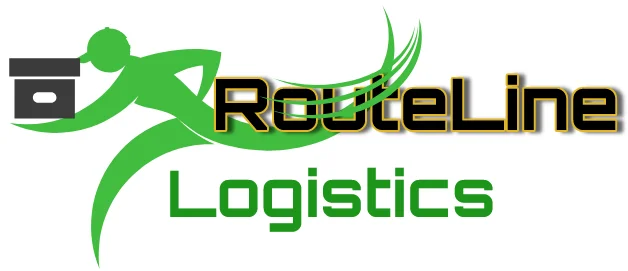Navigate international trade with confidence by understanding Incoterms and their impact on shipping responsibilities and costs.
**EXW (Ex Works)**
Under EXW terms, the seller's responsibility ends when goods are made available at their premises. The buyer assumes all transportation costs and risks from pickup to final destination. This term places maximum responsibility on the buyer.
**FOB (Free on Board)**
FOB terms require the seller to deliver goods to the port of shipment and handle export clearance. Risk transfers to the buyer once goods cross the ship's rail. This is one of the most commonly used terms for ocean freight.
**CIF (Cost, Insurance, and Freight)**
CIF requires the seller to arrange and pay for transportation and insurance to the destination port. However, risk transfers to the buyer at the port of shipment. The seller must provide minimum insurance coverage.
**DDP (Delivered Duty Paid)**
DDP places maximum responsibility on the seller, who must deliver goods to the buyer's premises with all duties and taxes paid. This term is convenient for buyers but requires sellers to understand import regulations.
**FCA (Free Carrier)**
FCA requires the seller to deliver goods to a carrier nominated by the buyer at a specified location. This flexible term works well for various transportation modes and is increasingly popular for containerized shipments.
**CPT (Carriage Paid To)**
Under CPT, the seller pays for transportation to the named destination but risk transfers when goods are handed to the first carrier. This term is suitable for multimodal transportation.
**DAP (Delivered at Place)**
DAP requires the seller to deliver goods to a named destination, ready for unloading. The buyer handles import clearance and duties. This term provides good balance of responsibilities.
**Choosing the Right Incoterm**
Incoterm selection should consider transportation expertise, risk tolerance, cost control preferences, and regulatory knowledge. The chosen term significantly impacts total transaction costs and responsibilities.
Proper Incoterm usage requires understanding their implications and ensuring contract terms align with operational capabilities and risk management strategies.
